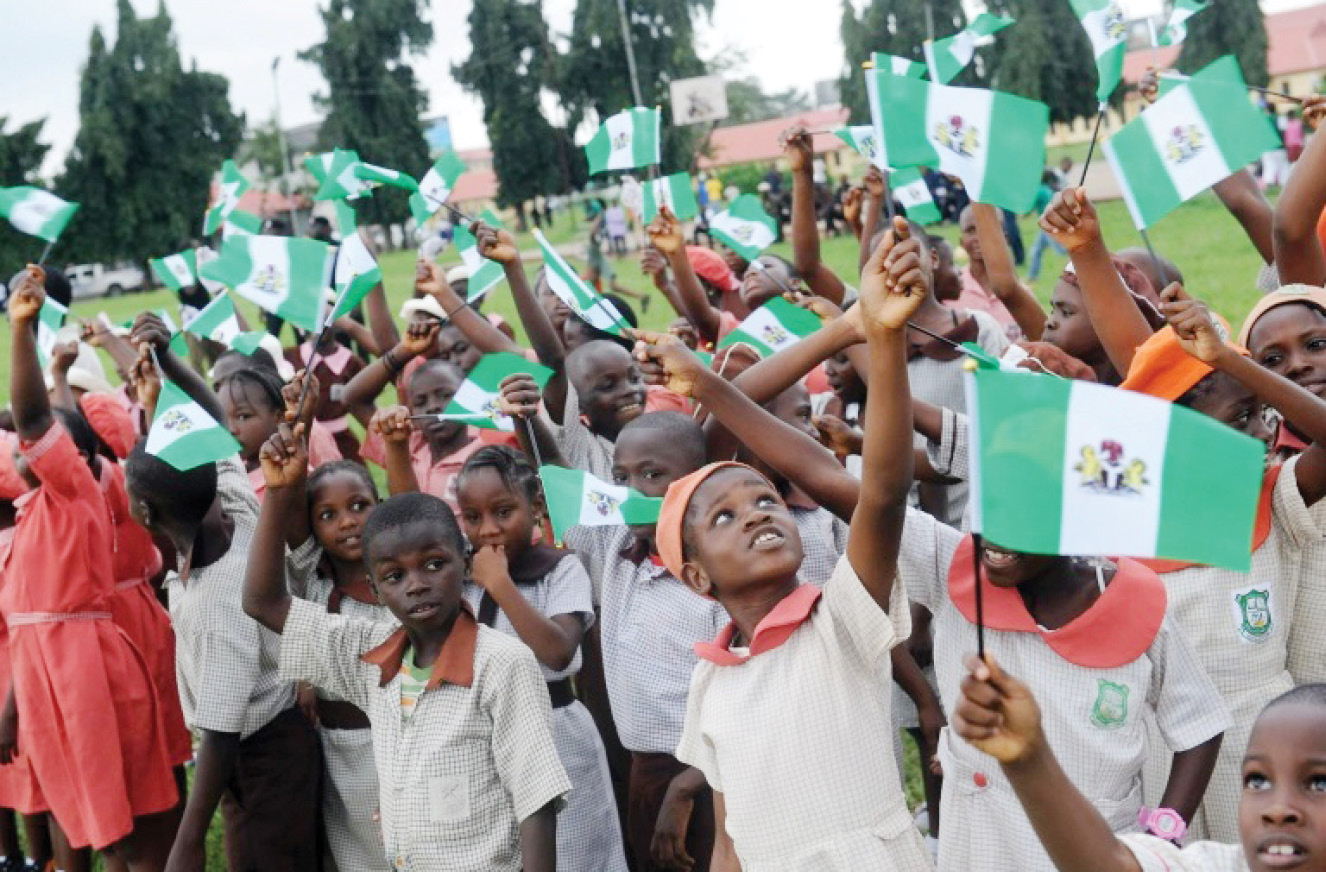Nigeria at 61
Today is Independence Day. Over the last 61 years, Nigeria has celebrated October 1 as the day British colonial rule ended and the country attained sovereignty. Over the years, the fervor of celebrating this significant day in the life of the country has waned as the nation’s challenges have grown and the early promises of […]

File Photo
Today is Independence Day. Over the last 61 years, Nigeria has celebrated October 1 as the day British colonial rule ended and the country attained sovereignty.
Over the years, the fervor of celebrating this significant day in the life of the country has waned as the nation’s challenges have grown and the early promises of post-independence growth faltered.
Independence Day celebrations have become muted and sombre. They have become moments of sober reflection. A far cry from the euphoria of the early days. Nigerians can now only reflect on the fortunes of the country, its failings and its potential to be a great country.
At 61, and a country richly endowed with natural resources, a diverse human capital and fertile land, Nigeria ought to be one of the most developed countries in the world.
Unfortunately, decades of political instability, military interventions, corruption, insecurity and chronic mismanagement have contributed to undermining the country’s march to greatness.
Promises of peace, progress, unity and faith renewed every year in the presidential Independence Day address have continued to be no more than a mirage to Nigerians as the nation continues to totter. This has caused disenchantment among the people leading to agitations for restructuring and secession in some parts of the country.
It is easy to blame these failings on the impact of colonialism, but 61 years of self-government is more than enough time to get the country on track to being developed. It is often said but bears repeating that several countries like Malaysia and Singapore which became independent around the same time as Nigeria have now left us behind in terms of development. Instead, Nigerians swarm these countries in search of better opportunities, education, or medical care that ought to be available right here at home.
There are of course areas in which the country has witnessed unprecedented growth. Our population size has grown nearly five times since independence, from 45 million in 1960 to over 200 million today.
However, while other countries like South Korea and China have used their human capital for development, the same cannot be said of Nigeria. This is unfortunate.
Indeed, of Nigeria’s 200 million people, 41 per cent or 87 million live in extreme poverty, according to data by the World Poverty Clock. This places Nigeria firmly as the “poverty capital of the world”, ahead of India. Moreover, growing insecurity has decimated this population, with over 300,000 children – and counting – having been killed, and one million displaced in the North East alone in the Boko Haram insurgency, recent data by UNICEF has revealed.
With several crises in the North West and South East, and persistent communal clashes, herders/farmers clashes, the country’s population has had a tough time since independence. Still, there are a few positives to celebrate during the past 61 years. Decades of military rule came to an end in 1999, and while democratic rule has not yielded the expected dividends to millions of citizens, Nigerians remain committed to democracy. We can only hope that in time, soon, democratic governance will shape itself to benefit the country and its citizens.
Discounting the last Olympic Games in Tokyo, and a few similar dark incidents, Nigeria has generally excelled in the area of sports. These triumphs, often few and far between, have triggered moments of national unity and euphoria, strengthened the emergence of the Nigerian spirit and fostered a sense of cohesiveness.
Nigeria’s promise remains strong and the Nigerian spirit remains unshaken despite huge challenges and the many disappointments of the past six decades plus one. More natural resources are being discovered and Nigeria’s potential in agriculture remains largely untapped. Its abundant human capital, both at home and abroad, also remains a goldmine. With good and purposeful governance, people-oriented policies and committed leadership, Nigeria could emerge from these decades of darkness into a future of hope and prosperity.
For this to be achieved, all Nigerians, from those in government to citizens on the streets, must commit themselves to the task of nation building. The government must also ensure that the promises and assurances it makes to its citizens in tomorrow’s customary Independence Day broadcast translate to tangible actions that will see the country take its pride of place among the comity of nations.
Happy Independence Day, Nigeria.
